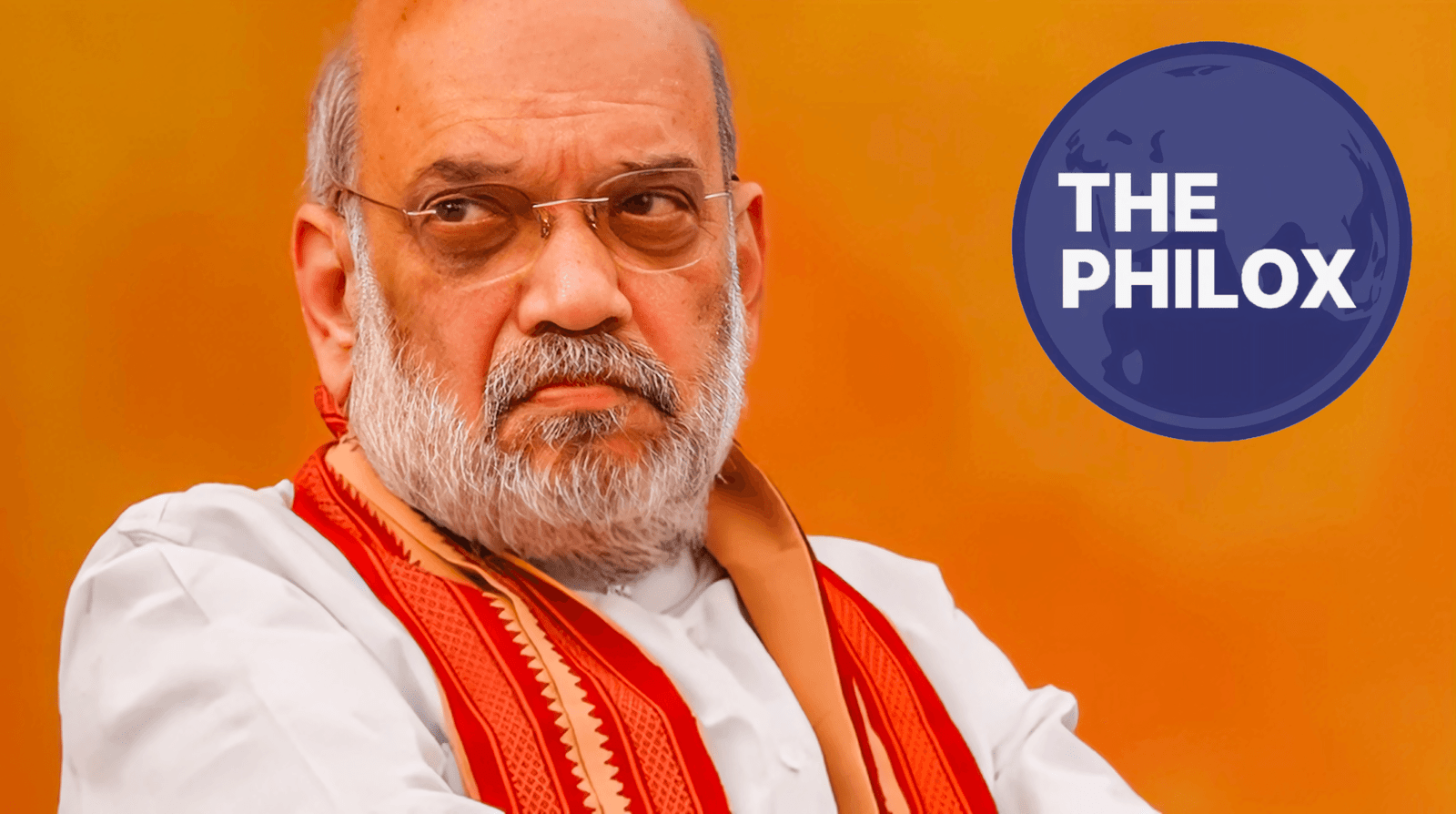For decades, the pay structure of central government employees in India has been a matter of debate. In recent times, the demand for the revision of this structure has gained considerable momentum.
Employees’ unions are urging the government to revise the pay structure every five years instead of the current ten-year cycle. The growing demand for the 8th Central Pay Commission (CPC) is directly a result of the issues faced by millions of central government employees, who feel that the system in place does not account sufficiently for inflation and the ever-changing cost of living.
The Existing Pay Revision Cycle and Its Limitations
The present system, pay revisions are being carried out by the central government employees after every ten years. The last pay revision was carried out by the 7th Pay Commission in the year 2016.
Pay Commission reviews the salary, allowance, and other benefits of more than one crore of central government employees, pensioners, and defense personnel.
It is because of this reason that the 7th Pay Commission, implemented in January 2016, ensured that the employees were getting wages that matched the economic situations of the period.
The very fact that there was a ten-year gap between the 7th Pay Commission and the expected next revision in 2026, has caused the employees a lot of apprehension. Many argue that the long period is damaging their financial health, considering continuous inflationary pressures and increasing the cost of living in towns.
The Need for Timely Revisions in View of Rising Inflation
Inflation has been a constant concern in India, in particular, over the last decade. From basic commodities to other essential services, prices in goods and services have witnessed upward trends.
According to Government data, the Consumer Price Index, which measures inflation in the country, has greatly fluctuated in the previous years. In 2023, India’s recorded inflation rate was at an approximate 6% point, affecting not only a common man but even Government employees.
Given the situation whereby inflation has outstripped increases in most sectors, many of these employees feel their compensation has lost real value. Over a decade, since such increases are infrequent, their buying power has become something they experience as gradually losing its value.
It would help if the central government raised the pay package more frequently, say, once every five years. As this would make pay go in tandem with the fast-rising inflation level, it would be much easier for the employees to take inflation.
The Confederation of Central Government Employees and Workers, the largest employee union, presented a proposal to the government requesting more frequent pay revisions.
According to the union, the current system is not appropriate for the rapid changes seen in the economy, mainly in food, healthcare, education, and housing. Rising demand for a revision every five years indicates the growing urgency among employees to protect their financial interests.
The Need for the 8th Pay Commission
The 7th Pay Commission was made for a period of ten years. It was also instructed that salaries, allowances, and pension schemes would be reconsidered by 2026. With the date so close to the next review, employees are demanding immediate establishment of the 8th Pay Commission to put forth their grievances.
The last few years have seen significant growth in government revenues, and unions believe that the time is ripe for a more generous and timely revision of pay scales.
Currently, more than 1.2 crore central government employees are awaiting the 8th Pay Commission, as many expect to get huge hikes in their salary and allowances. The 8th CPC is likely to consider not only the basic salary but also other allowances such as DA, HRA, and special allowances for different sectors like defense and paramilitary forces.
What Experts Expect from the 8th Pay Commission?
The 8th Pay Commission is going to bring a drastic change in the pay structure of the central government employees. It has been projected that employees would experience an increase in basic pay between 25% to 35%. This, if true, would be the highest pay hike ever witnessed by the employees.
For example, the 7th Pay Commission had fixed the minimum basic pay at ₹18,000 per month. It was enhanced to ₹51,480 per month by the fitment factor of 2.86.
In addition to the pay increase, the 8th CPC may address the disparity between inflation and the salary structure.
Over the past years, the DA, which is directly linked to inflation, has steadily increased, making the cost of living more expensive. Therefore, unions are pushing for a significant increase in DA to ensure that the wages remain at a reasonable level compared to rising prices.
Moreover, there is also growing demand for the central government to revise retirement benefits. The pensioners, particularly those who retired before the implementation of the 7th Pay Commission, are facing considerable hardship, as their pensions were not revised with the same frequency as those of serving employees. Many believe that the government should address these issues and offer pension revisions on a more frequent basis.
The Government’s Response to Employee Demands
Even though the pay revision due date and establishment of the 8th Pay Commission are rightful demands from employees, the government has yet not shown willingness to consider this.
Ministry of Finance declared recently that currently, there are no concrete plans to setup the 8th Pay Commission. Finance Ministry declared in December 2024 that government has no proposal to expedite the future pay revision earlier than schedule.
This stance has further alienated the government from the feelings of the government employees who are feeling that their voice is not being heard.
A significant reason for not setting up the 8th Pay Commission in advance is because it would be an additional economic burden on the finances of the government.
Fiscal deficit has been a critical concern for India, and more spending by the government on pay hikes would enhance the fiscal deficit, which is not a welcome thing.
Problems Government Employees Face and Union Demands
The problems the central government employees face are varied. They are facing problems to sustain their standard of living with inflationary rise in cost.
Also, no revision in pay scales is there, which has made the employees feel neglected by the government. This has caused unrest in many government departments.
Moreover, the absence of an immediate revision has led to widespread dissatisfaction, particularly among pensioners who are severely impacted by the lack of regular adjustments to their pensions.
Employee unions, including the Confederation of Central Government Employees and Workers, have been vocal in their demand for the 8th Pay Commission and have called for a pay revision every five years to keep up with inflation.
The Road Ahead
As the demand for the 8th Pay Commission intensifies, it remains to be seen how the central government will respond.
The proposed revision of the pay structure every five years could help central government employees manage the rising cost of living and inflation. However, it is also important for the government to carefully consider the financial implications of such revisions.
There is a high demand to increase the frequency of salary revision by the central governments as a result of ever-increasing economic hardships in facing the country.
Considering there are millions of people living depending on these governments, and the actual pay scale, it seems necessary that salaries should follow the actualness of today’s economy in the most realistic ways, and then only this challenge of having timely revisions shall be raised by public persons until reasonable reforms take place.
There seems to be much more debate over the pay structure for central government employees in India today than just numbers. Rather, it is about livelihood in millions of families and also the role that government employees play in the functioning of the country.
As louder calls for the 8th Pay Commission grow around, the government is at its wit’s end amidst mounting pressure to address issues of its employees.
Revising the pay structure every five years may be the key to ensuring that the government remains an attractive employer and that its employees are fairly compensated for their hard work. Only time will tell how the government responds to these pressing demands.




